
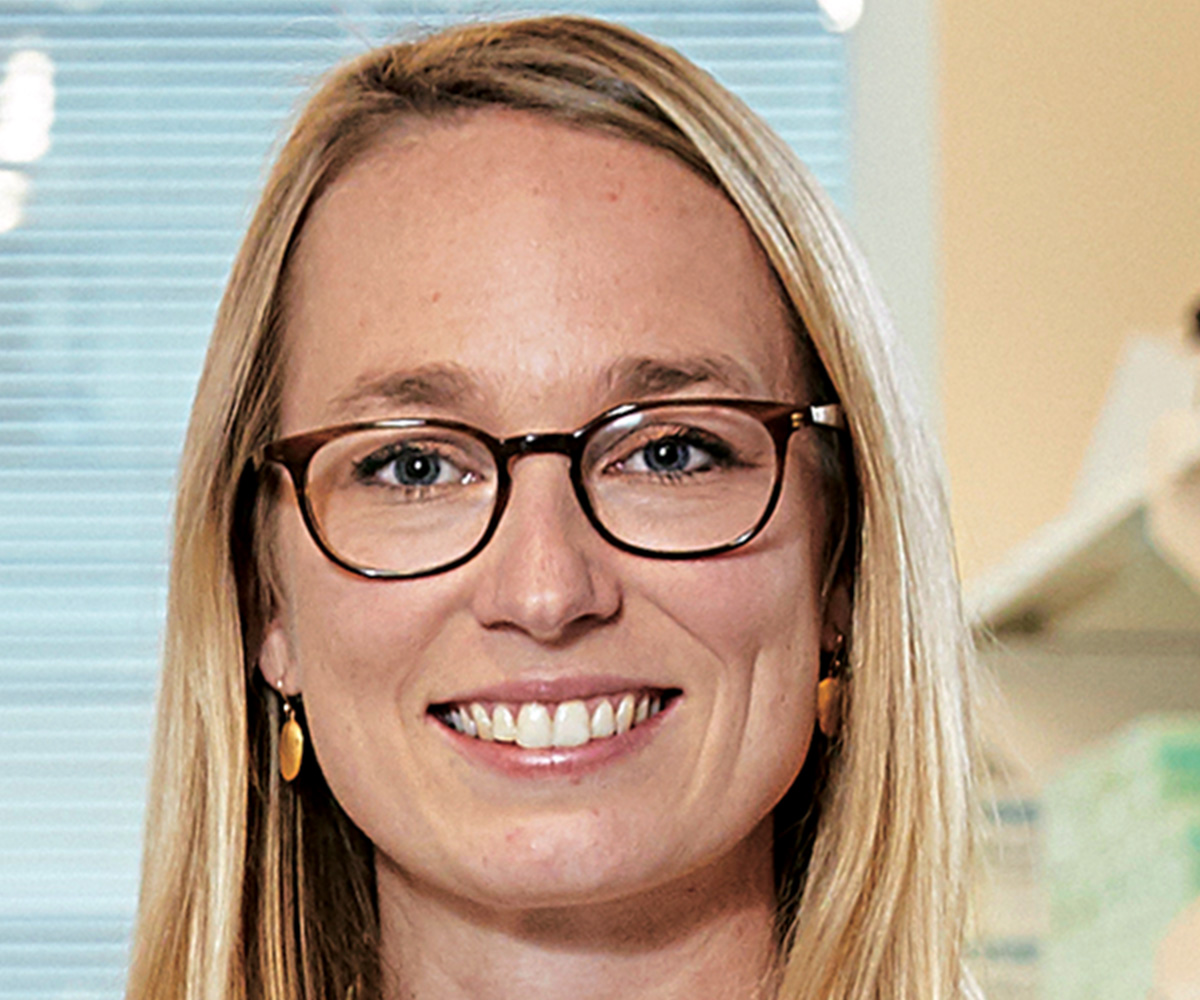
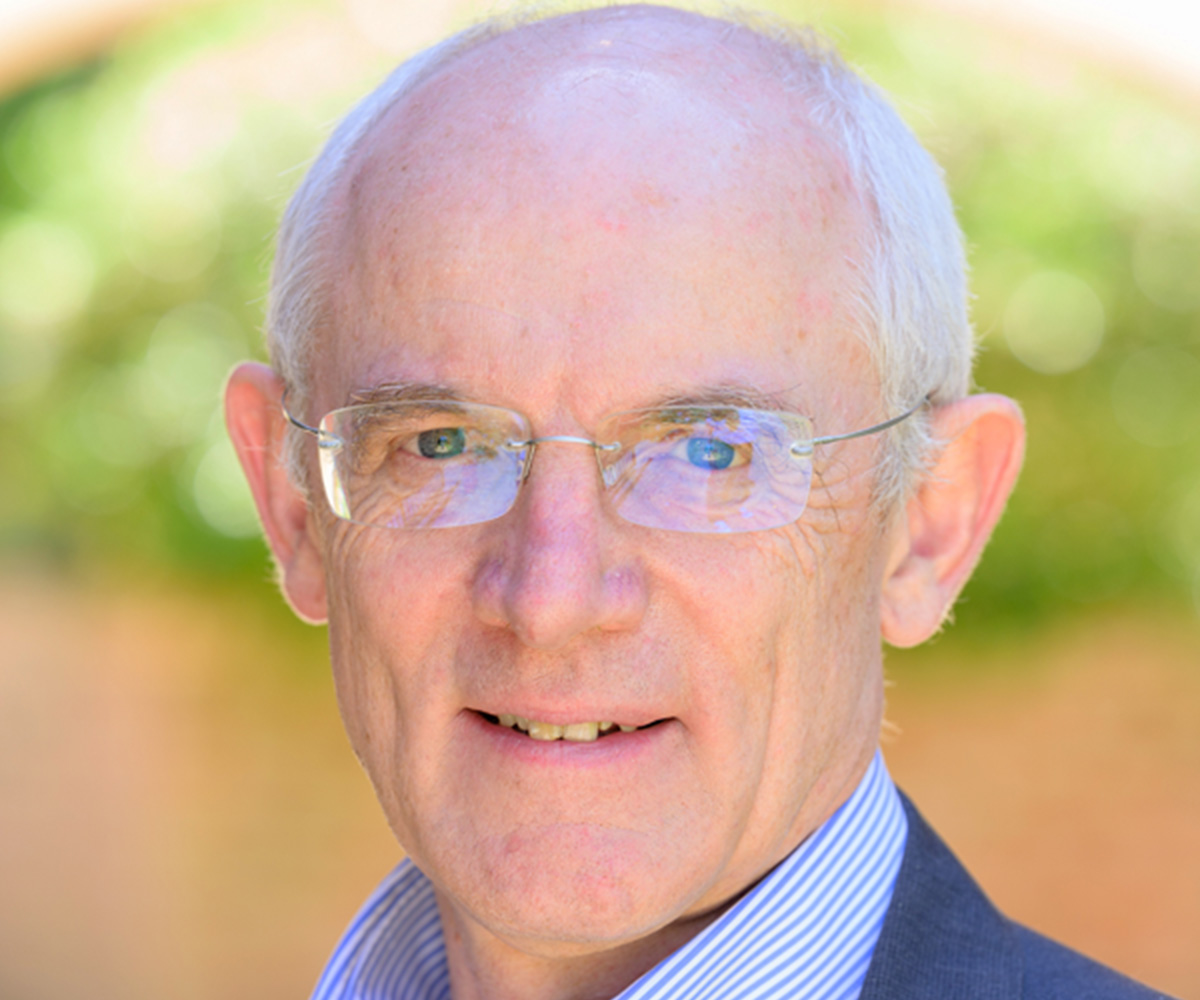


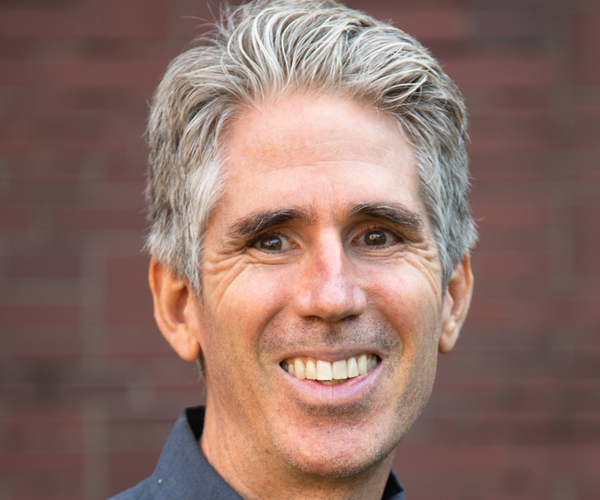
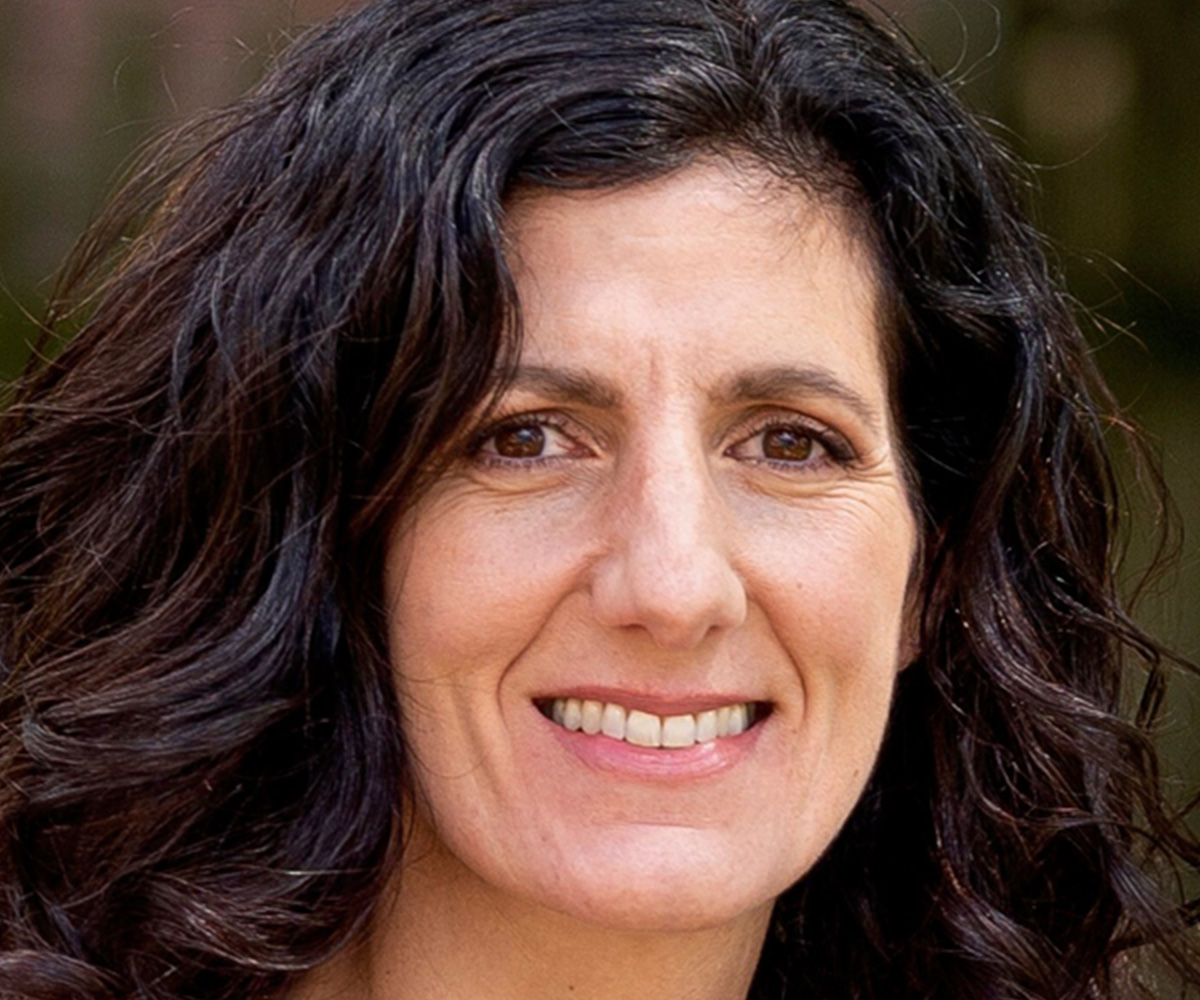
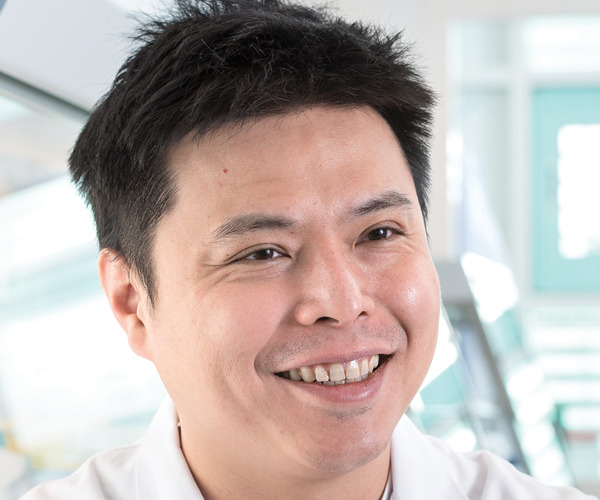
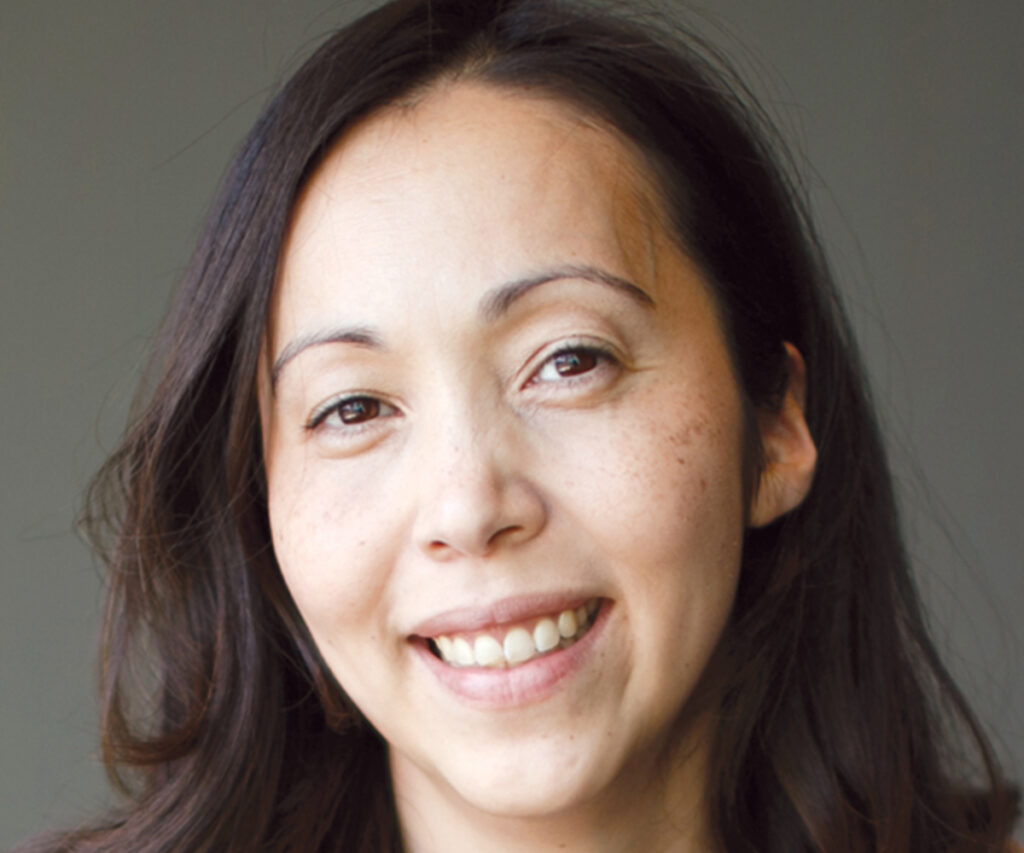
The metabolic weirdness of cancer has fascinated scientists for about a century. In fact, cancer was widely considered a metabolic disease through the 1960s, with the drugs used to treat it often referred to “antimetabolites.” With the discovery of the oncogene in 1971, however, cancer came to be seen primarily as a genetic disorder. The pendulum has since swung back somewhat. It’s probably safe to say that the current scientific consensus tends to a more nuanced middle ground—that metabolic and genetic dysfunction are both interdependent and of critical importance to carcinogenesis. Indeed, explorations of how the two interact are the stuff of exquisite science today, not least in the context of tumor immunology.
It happens that Ludwig-affiliated labs have made notable contributions to this arresting body of work. To better tap that reservoir of talent, the Ludwig Institute for Cancer Research launched in January a multi-institutional research initiative focused on diet and immunometabolism—a relatively young field that explores the metabolic crosstalk between tissues and the immune cells that patrol them. Much evidence suggests that the exploitation of this crosstalk is a key mechanism by which tumors disable the anti-cancer immune response. By that same token, a sophisticated understanding of such machinations opens the door to devising new cancer therapies and improving responses to existing ones, most notably immunotherapies.
“We feel our focus on immunometabolism is particularly timely not only because of its translational potential but because new technologies—like single-cell ‘omics, multiplex imaging and powerful new approaches for the mass analysis of metabolites—now enable the analysis of complex interactions between metabolism and immune function in unprecedented detail,” said Ludwig Institute Deputy Scientific Director Pat Morin.
Over the next few years, the 3-year, $4.2 million Ludwig Immunometabolism Initiative will examine at multiple levels how dietary interventions shape the tumor microenvironment (TME) and its immune landscapes, alter cancer progression and modulate responses to therapy, especially immunotherapies. A key requirement for research proposals selected for the program was that they be collaborative, involving partnerships between two Ludwig sites or their host institutions.
“Ludwig is already funding multiple leaders in metabolomics, cancer metabolism and immunometabolism at its Branches and Centers,” said Ludwig Institute Scientific Director Chi Van Dang. “We are hopeful that bringing these experts together as teams to answer critical questions in the field will generate actionable insights that will be translated to the clinic.”
“I am excited to see the breadth of expertise and the depth of research driven by the funded teams,” said Ludwig Institute Executive Vice President for Technology Development Jonathan Skipper. “We are poised as an institute to catalyze laboratory research findings with clinical hypotheses and advance these discoveries into clinical development.”
As the collaborations progress, said Pat, new researchers may be brought in as needed to support the core teams. These could include, for example, experts in bioinformatics or machine learning to aid data analysis. It would also be wonderful, he said, if success in these studies draws funding from external governmental or nongovernmental sources to boost Ludwig’s efforts.
PROJECTS AND PARTICIPATING PIs
Intersection between microbiome, nutrient levels and antitumor immunity
Matthew Vander Heiden and Stefani Spranger, Ludwig MIT
Benoit Van den Eynde, Ludwig Oxford/Brussels
This project will test the hypothesis that the microbiome influences anti-tumor immunity by changing how nutrients in the diet affect those available to T cells in the tumor and in tumor-draining lymph nodes, and that this influences whether or not productive anti-tumor immune responses are generated. The studies will address how dietary amino acids and lipids—and dietary interventions—affect such things as the immunosuppressive properties of the tumor microenvironment, immune cell function, tumor cell metabolism and responses to cancer immunotherapy.
Effects of dietary amino acid perturbations on cancer progression and checkpoint blockade therapy
Edward Pearce, Johns Hopkins University
Eileen White, Ludwig Princeton
Benoit Van den Eynde, Ludwig Oxford/Brussels
Altered amino acid metabolism plays a crucial role in cancer initiation, survival and progression, and can drive therapy resistance and regulate immune cell function. This study will examine how dietary perturbations in the availability of four key amino acids—tryptophan, arginine, cysteine and lysine—affect cancer progression and susceptibility to immune checkpoint blockade. The researchers hypothesize that the first two are important primarily because of their role in T cell functionality, while the latter two have distinct and divergent effects on tumor cell biology.
Impact of fructose and carbohydrate restriction on anticancer immunity
Joshua Rabinowitz, Ludwig Princeton
Erika Pearce, Johns Hopkins University
Preclinical studies suggest that dietary carbohydrate restriction can enhance anticancer therapy. Such restrictions can occur by fasting or ketogenic diet and may work by limiting carbs in general, or by limiting fructose, which can alter the microbiome and is known to support tumor growth. This project will examine the impact of dietary carb restriction, as well as fructose ingestion, on anticancer immunity. It will focus on colon cancer, using animal models and patient biopsies and address basic questions about nutrient utilization in immune cell subtypes in vivo.
Investigating the intersection between carbohydrate and fat metabolism in anti-tumor immunity
Ping-Chih Ho, Ludwig Lausanne
Marcia Haigis, Ludwig Harvard
Obesity is a major risk factor for multiple cancers, yet little is known about the fates and functions of lipids and their metabolites in antitumor immunity and T cell exhaustion, or how dietary lipid and carbohydrate loads affect these mechanisms. This project will explore the intersection between lipid and glucose metabolism in tumors and immune cells in vitro and examine how high fat diets affect the tumor microenvironment in animal models. Another aim is to identify related metabolic pathways that might be targeted for cancer therapy.
Back to April 2024 Ludwig Link